The Legend of Sleepy Hollow - Exploration of Themes and Lessons
5 Min Read
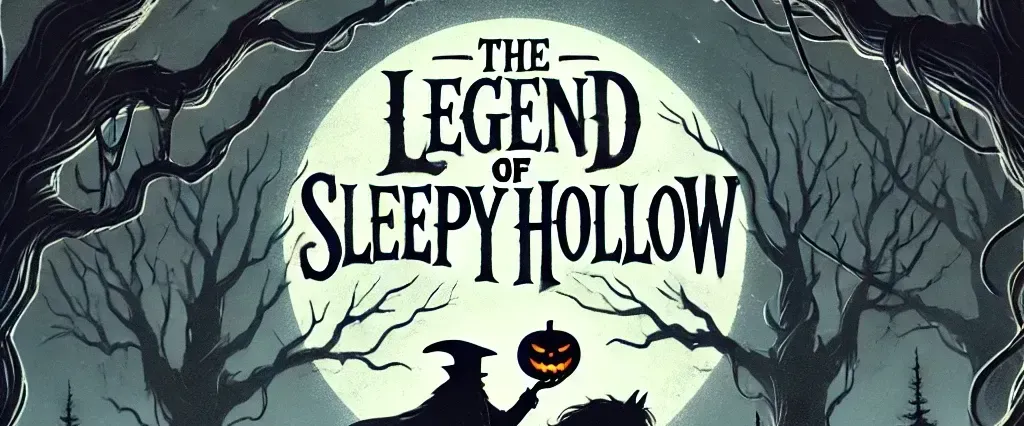
Introduction
Welcome to another insightful journey into classic literature, brought to you by Sol Good Media. Today, we dive into Washington Irving's masterpiece, The Legend of Sleepy Hollow.
This timeless story, first published in 1820, continues to captivate readers with its blend of mystery, humor, and folklore. As you read through this detailed analysis, remember that you can listen to the full audiobook on Sol Good Media for a more immersive experience. Now, let’s explore the enchanting world of Sleepy Hollow and uncover the lessons it holds for us today.
The Enchanting World of Sleepy Hollow
The Setting: A Place Lost in Time
The Legend of Sleepy Hollow is set in a small, secluded glen called Sleepy Hollow, located in Tarrytown, New York.

Irving masterfully describes this quaint village as a place where time seems to stand still, shrouded in an eerie, dreamlike atmosphere. The inhabitants are steeped in superstitions and local legends, the most famous being the tale of the Headless Horseman, a ghostly figure said to haunt the region.
The Characters: A Colorful Cast
Ichabod Crane: The Gullible Schoolteacher
The protagonist, Ichabod Crane, is a schoolteacher from Connecticut who arrives in Sleepy Hollow to educate the local children.
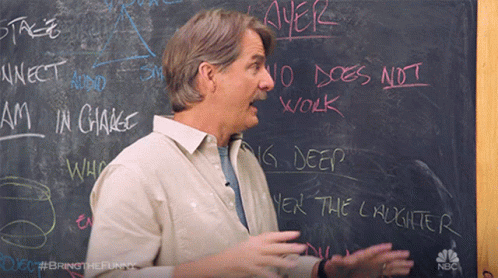
Ichabod is portrayed as a tall, lanky, and somewhat awkward figure with a voracious appetite for food and the supernatural. His gullibility and vivid imagination make him the perfect target for the eerie tales spun by the locals.
Katrina Van Tassel: The Object of Desire
Katrina Van Tassel, the beautiful daughter of a wealthy farmer, captures Ichabod's heart.
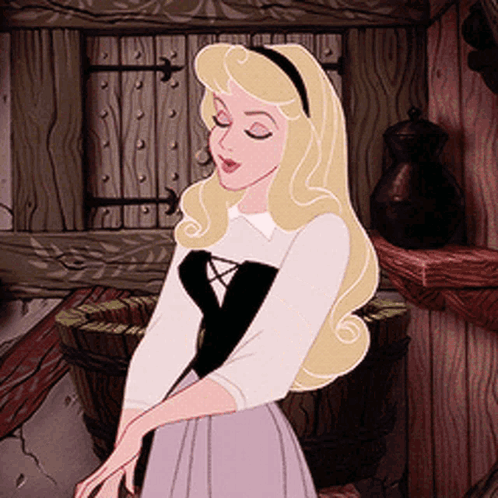
Her beauty, charm, and substantial dowry make her the most sought-after maiden in Sleepy Hollow. Ichabod’s pursuit of Katrina is driven not only by love but also by the promise of financial security.
Brom Bones: The Rival Suitor
Brom Van Brunt, known as Brom Bones, is Ichabod's main rival for Katrina's affection. Brom is the antithesis of Ichabod: robust, confident, and known for his mischievous pranks.

He quickly realizes that Ichabod is a superstitious man and decides to exploit this weakness to his advantage.
The Plot: A Tale of Suspense and Intrigue
Ichabod’s Courtship
The story unfolds as Ichabod attempts to woo Katrina, attending social gatherings and making himself a regular visitor at the Van Tassel farm.
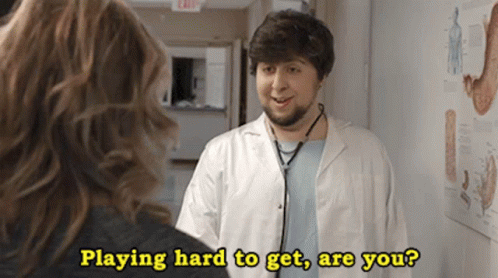
Despite his best efforts, Katrina remains elusive, often flirting with Ichabod just to provoke Brom Bones.
The Fateful Night
The climax of the tale occurs on a dark, eerie night after a party at the Van Tassel household. As Ichabod rides home through the haunted woods, he encounters the legendary Headless Horseman.

The ghostly figure chases Ichabod, who, in a panic, races toward the bridge where the Horseman is said to vanish. However, instead of disappearing, the Horseman hurls his head (later revealed to be a pumpkin) at Ichabod, causing him to fall off his horse and disappear, never to be seen in Sleepy Hollow again.
The Lessons and Reflections
The Power of Imagination
One of the central themes of The Legend of Sleepy Hollow is the power of imagination. Ichabod's vivid imagination, fueled by the local superstitions, leads to his downfall.

This serves as a reminder of how our perceptions can shape our reality, for better or worse. By controlling our imagination, we can prevent ourselves from being overwhelmed by irrational fears.
The Dangers of Ambition
Ichabod's ambition to marry Katrina is driven by both love and the desire for wealth. His single-minded pursuit blinds him to the true nature of those around him, particularly Brom Bones.

This cautionary tale highlights the importance of balancing ambition with awareness and caution.
The Impact of Community and Culture
The tight-knit community of Sleepy Hollow, with its rich tapestry of legends and traditions, profoundly influences the characters' lives.
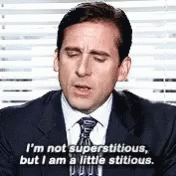
The story underscores how deeply our environment and cultural context can shape our beliefs and actions. It encourages us to critically examine the traditions and stories we accept as truth.
Historical Context and Critical Reception
The Historical Context
Understanding the historical context of The Legend of Sleepy Hollow can enhance our appreciation of the story. Written in the early 19th century, it reflects the post-Revolutionary War era, a time when American society was still forming its identity.
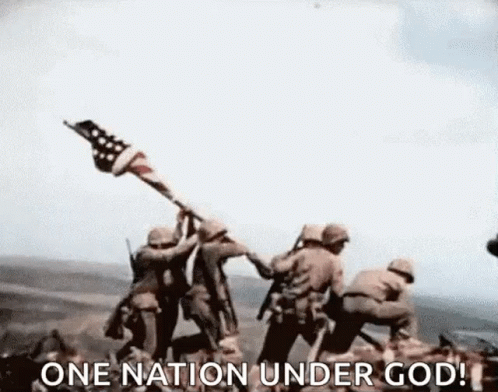
The mix of Dutch and English influences in Sleepy Hollow illustrates the cultural melting pot that was early America.
Critical Reception
Upon its publication, The Legend of Sleepy Hollow was met with widespread acclaim. It has since become a staple of American literature, frequently studied in schools and adapted into various films, TV shows, and other media.
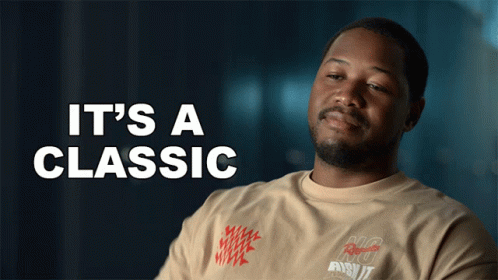
Its enduring popularity attests to its universal themes and engaging storytelling.
Conclusion
The Legend of Sleepy Hollow remains a compelling tale because it taps into universal themes of fear, ambition, and the power of storytelling.

As we reflect on Ichabod Crane’s misadventures, we gain insights into our own lives and the ways our beliefs shape our experiences.
To explore the eerie and enchanting world of Sleepy Hollow, listen to the full audiobook on Sol Good Media.
Allow yourself to be transported back in time and let the story's lessons resonate with your modern-day life.
Explore more timeless tales and enrich your journey of lifelong learning with Sol Good Media. Happy listening!
Also listen on spotify
Listen on Apple

